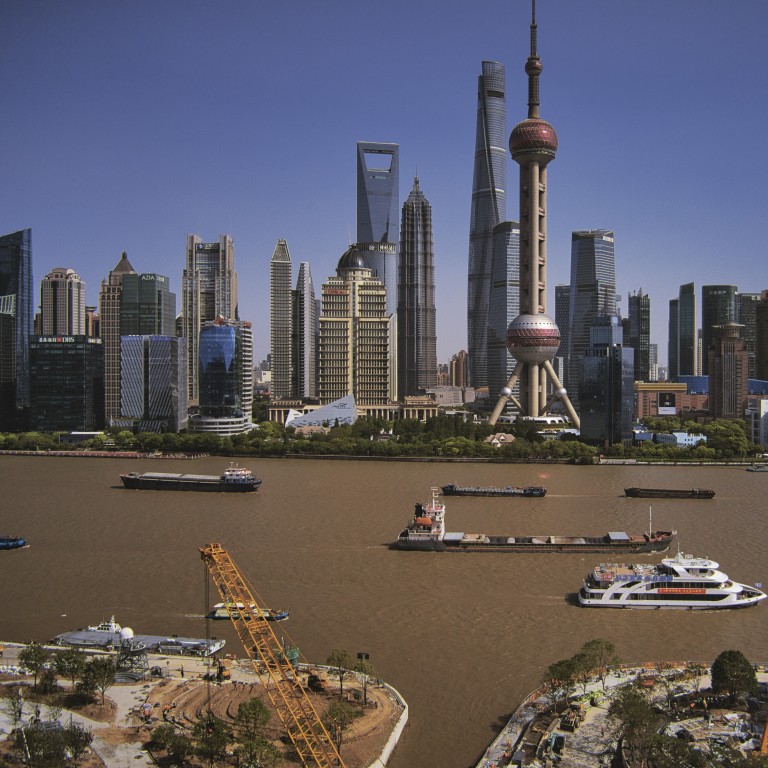
US businesses are a ‘quintessential’ part of China’s development, senior economic official tells American executives
- Gao Jian, a deputy director at the National Development and Reform Commission, told US company executives that Beijing is determined to broaden access for foreign businesses
- The olive branch came after Xiaomi and the US government agreed on Wednesday to remove the company from a blacklist barring US investment in nine Chinese technology giants
“Enshrined by the principles of openness, cooperation, solidarity and mutual benefit, China is unswervingly opening up the market broadly, to make it a market that can be shared with businesses from all around the world,” he told a business roundtable attended by executives from US firms operating in mainland China.
The NDRC’s olive branch came after smartphone maker Xiaomi and the US government reached an agreement on Wednesday to remove the company from a blacklist compiled by the Trump administration that bars US investment in nine Chinese technology giants.
China’s foreign ministry spokeswoman Hua Chunying said at a regular press briefing on Wednesday that Beijing hopes the US will rectify the mistakes of the previous administration and provide a fair and non-discriminatory business environment for Chinese companies.
Tensions between the world’s two economic powerhouses began in 2018 amid festering trade rows, which then evolved into a technology war as Donald Trump moved to cut off Chinese access to American components and networks.
Economic analysts said Beijing had been taking a cautious stance with US businesses in China since the trade war flared up, hoping to sustain its economic growth and high employment.
In November 2018, Chinese President Xi Jinping, in his keynote speech at the China International Import Expo, told global state and business leaders that the mainland economy was an ocean that could weather any storm, aiming to bolster confidence in the country’s economic prospects.
In March this year, Premier Li Keqiang said in his work report to the National People’s Congress that Beijing would “promote the growth of mutually beneficial China-US business relations on the basis of equality and mutual respect”.
Foreign-invested businesses directly or indirectly created a combined 200 million jobs in China, commerce minister Zhong Shan said in May last year.
China, the lone bright spot in a global economy ravaged by the Covid-19 pandemic last year, drew foreign direct investment worth US$212 billion, up 14 per cent from 2019.
“China’s leadership understands the important role of FDI in its long-term economic development,” said Eric Han, a senior manager with the business advisory firm Shanghai Suolei. “Foreign companies including US businesses also need the market here to tap consumers’ rising demand.”
Global electric vehicle (EV) leader Tesla, which has begun delivering cars assembled at its Gigafactory 3 in Shanghai, is now the runaway leader in the country’s premium EV segment.
The company’s sales of 25,845 units in March, although a long way down from the previous month, were still 45 per cent higher than the deliveries of its three biggest Chinese rivals – NIO, Xpeng and Li Auto – on aggregate.

